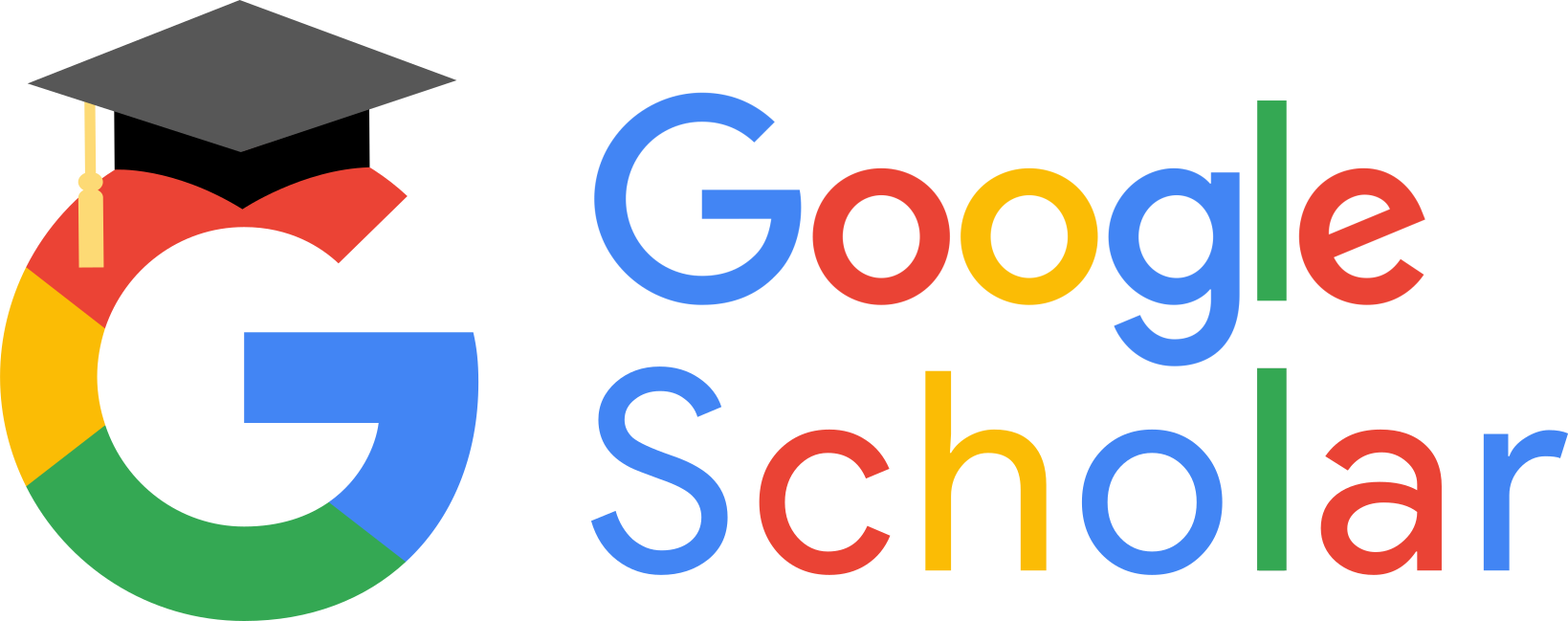THE EFFECT OF RELIGIOSITY AND SOCIAL SUPPORT ON MARRIAGE READINESS IN THE YOUNG ADULT AGE GROUP
Abstract
Indonesia has experienced a decline in marriage rates in the last ten years. Religiosity and social support have an important role in preparing individuals for marriage. This study aims to analyze the influence of young adult characteristics, family characteristics, religiosity, social support, on marital readiness in the young adult age group. The research design used was a cross-sectional study with a quantitative approach. This study involved unmarried young adults aged 21 to 30 years. Respondents in this study totaled 60. The research location was in the Central Bogor Sub-district, Bogor City, West Java. Nonprobability sampling was conducted using purposive sampling technique. The results of the t test obtained a significant difference between the religiosity of men and women. The correlation test shows that there is a significant positive relationship between respondents' age, number of families, religiosity, social support and marital readiness. The regression test results show that income, number of family members, and religiosity have a significant positive effect on marital readines.
References
Amato, P. R., & Booth, A. (1991). Consequences of parental divorce and marital unhappiness for adult well-being. Social Forces, 69(3), 895-914. https://doi.org/10.1093/sf/69.3.895
Aqsho, M. (2017). Keharmonisan dalam keluarga dan pengaruhnya terhadap pengamalan agama. Almufida: Jurnal Ilmu-Ilmu Keislaman, 2(1), 36-51. https://doi.org/10.46576/almufida.v2i1.83
[BPS] Badan Pusat Statistik. (2022). Perkawinan dan perceraian menurut Provinsi 2019-2021. Retrieved from: https://www.bps.go.id/publication/2022/02/25/0a2afea4fab72a5d052cb315/ statistik-indonesia-2022.html.
[BPS] Badan Pusat Statistik. (2022). Statistik Pemuda Indonesia 2022. Jakarta (ID): BPS.
Carroll, J. S., Badger, S., Willoghby, B. J., Nelson, L. j., Madsen, S. D., McNamara, & Barry, C. (2009). Ready or not? Criteria for marriage readiness among emerging adults. Journal of Adolescent Research, 24(3), 349-375. https://doi.org/10.1177/0743558409334253
Dachrud, M., & Yusra. Y. (2018). Pendidikan berbasis islam dan multikultural dalam keluarga sebagai pembentuk religiusitas. Potret Pemikiran. 22(2), https://doi.org/10.30984/pp.v22i2.782
Dennis, J.M., Phinney, J.S., & Chuateco, L.I. (2005). The role of motivation, parental support, and peer support in the academic success of ethnic minority first-generation college students. Journal of College Student Development. 46(3), 223-236. https://doi.org/10.1353/csd.2005.0023
Duffy, K.G., & Atwater E. (2005). Psychology for living (8thth ed). New Jersey(US): Pearson Education.
Duvall, E.R.M., & Miller, B.C. (1985). Marriage and family development (9th ed). New York(US): Harper and Row Publishe.
Fitriani, D.A., & Handayani, A. (2021). hubungan kematangan emosi dan religiusitas dengan kesiapan pernikahan pada mahasiswa Fakultas Psikologi Universitas Islam Sultan Agung Semarang. Prosiding Konstelasi Ilmiah Mahasiswa Unissula (KIMU) Klaster Humanoira.
Ghalili, Z., Etemadi, O., Ahmadi, S., Fatehizadeh, M., & Abedi, M.R. (2012). Marriage readiness criteria among young adults of isfaham: a qualitative study. Interdisciplinary Journal of Contemporary Research In Business, 4(4), 1076-1083.
Hackett, C., Murphy, C., & Mc Clendon, D., (2016). The Gender Gap in Religion around The World. Washington DC(US): Pew Research Center.
Hawari, D. (2006). Management of Stress, Anxiety, And Depression. Depok (ID): University of Indonesia.
Holman, T.B., & Li, B.D., (1997). Premarital factors influencing perceived readiness for marriage. Journal of Family Issues, 18(2), 124-144. https://doi.org/10.1177/019251397018002002
Hood, J.r., R.W., Hill, P. C., & Spilka, B. (2018). The Psychology of Religion: An Empirical Approach (5th Ed.). NewYork(US): Guilford Press.
Hurlock, E.B. (1980). Developmental Psychology an Approach Across The Life Span, 5th Edition. Jakarta(ID): Erlangga.
Karim, K., & Yoenanto, N., H. (2021). Dukungan sosial dan religiusitas terhadap kecemasan masyarakat yang hidup sendiri di masa pandemi covid-19. Jurnal Psikologi, 17(2), 102-113. https://doi.org/10.24014/jp.v17i2.11034
Keldal, G. (2022). Associations between religiosity and marital beliefs among emerging adults. Turkish Psychological Counseling and Guidance Journal, 12(65):248-261. https://doi.org/10.17066/tpdrd.1138281
[KEMEN PPPA] Kementerian Pemberdayaan Perempuan dan Perlindungan Anak. (2018). Kesiapan Pernikahan di Indonesia. Jakarta(ID): KEMEN PPPA
Kusumawati, A. (2018). Factors affecting marriage readiness in students of the Faculty of Psychology, University of X. Journal of Psychology, 15(1), 1-10.
Larson, J.H, & Holman, T.B. (1994). Premarital predictors of marital quality and stability. Family Relations, 43(2), 228-237. https://doi.org/10.2307/585327
Mambaya, E., & Stang, S. (2011). Faktor yang berhubungan dengan pernikahan dini di Desa Pangli Kecamatan Sesean Kabupaten Toraja Utara. Jurnal Media Kesehatan Masyarakat Indonesia Universitas Hasanuddin, 7(2), 105-110.
Mariyati, L.I., & Rezania, V. (2021). Psikologi Perkembangan Manusia. Umsida Press, 1-145. https://doi.org/10.21070/2021/978-623-6292-34-1
Maurizka, A., & Maryatmi, A.S. (2019). Hubungan Religiusitas Dan Dukungan Sosial Teman Sebaya Terhadap Kesejahteraan Psikologis Pada Remaja Pengguna Hijab Di Karang Taruna Masjid Al-amin Jakarta Selatan. IKRA-ITH Humaniora: Jurnal Sosial dan Humaniora, 3(3), 207-218.
Saputra, A. N., & Agustina, T. (2021). Peran agama dalam menentukan keputusan pernikahan pada generasi milenial. Familia: Jurnal Hukum Keluarga, 2(1), 35-52. doi: 10.24239/familia.v2i1.24.
Ningtias, I.S. (2022). Factors influencing the decline in marriage rates in Indonesia. Journal of Registratie. 4(2):87-98. https://doi.org/10.24239/familia.v2i1.24
Novianty, A., & Garey, E. (2021). Memahami makna religiusitas/spiritualitas pada individu dewasa muda melalui photovoice. Jurnal Psikologi Integratif, 8(2), 61-79. https://doi.org/10.14421/jpsi.v8i2.2115
Puspitawati, H. (2012). Gender dan Keluarga. Bogor(ID): IPB Press.
Santrock, J. W. (2016). Life-Span Development. Jakarta (ID): Erlangga
Robins, A.L., & Fiske, A.P. (2009). Explaining the relation between religiousness and reduced suicidal behavior: Social support rather than specific beliefs. Suicide and Life-Threatening Behavior, 39(4), 386-395. https://doi.org/10.1521/suli.2009.39.4.386
Sarafino, E. P., & Graham, J. A. (2006. Development and psychometric evaluation of an instrument to assess reinforcer preferences: The preferred items and experiences questionnaire. Behavior modification, 30(6), 835-847. https://doi.org/10.1177/0145445506291393
Sari, F., & Sunarti, E. (2013). Kesiapan menikah pada dewasa muda dan pengaruhnya terhadap usia menikah. Jurnal Ilmu Keluarga & Konsumen, 6(3):143-153. https://doi.org/10.24156/jikk.2013.6.3.143.
Sari, Y., Khasanah, A.N., & Sartika, S. (2016). Kajian kesiapan menikah pada remaja muslim dewasa. Prosiding SNaPP: Kesehatan (Kedokteran, Kebidanan, Keperawatan, Farmasi, Psikologi), 2(1), 193-204.
Segrin, C., & Taylor, M. (2006). A social cognitive analysis of the effects of parental divorce on premarital couples' communication skills. Journal of Divorce and Remarriage, 46(1-2), 57-83. https://doi.org/10.1300/J087v46n01_04
Sigalow, E., Shain, M., & Bergey, M.R. (2012). Religion and decisions about marriage, residence, occupation, and children. Journal for the Scientific Study of Religion, 51(2), 304-323. https://doi.org/10.1111/j.1468-5906.2012.01641.x
Siroj, E. Y., Sunarti, E., & Krisnatuti, D. (2019). Keberfungsian agama di keluarga, ancaman, interaksi teman sebaya, dan religiusitas remaja. Jurnal Ilmu Keluarga & Konsumen, 12(1), 13-25. https://doi.org/10.24156/jikk.2019.12.1.1
Wardoyo, J. T., & Aditya, Y. (2021). Religiusitas versus dukungan sosial: manakah yang lebih berkontribusi bagi well-being mahasiswa?. Jurnal Studi Pemuda, 10(2), 163-174. https://doi.org/10.22146/studipemudaugm.73873
![]() This work is licensed under a Creative Commons Attribution 4.0 International License.
This work is licensed under a Creative Commons Attribution 4.0 International License.













